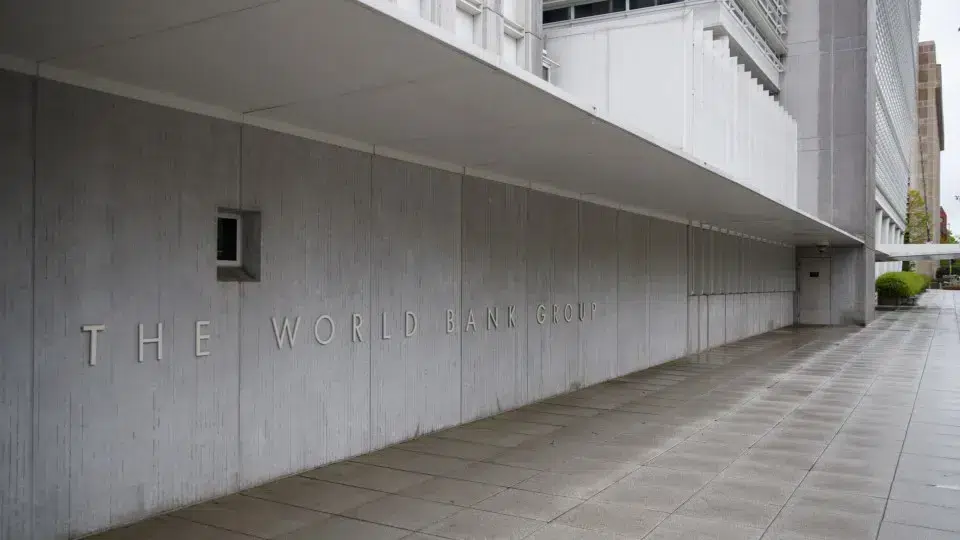
The information was shared today by the Coordinating Council of Polytechnic Higher Institutes (CCISP), referencing a proposed directive on admission quotas for higher education in the 2026/2027 academic year.
The government suggests, according to the representatives of polytechnics, that the total number of admissions for national and local competitions may exceed the initial vacancies of the previous year by 10%, lifting the restrictions imposed in recent years.
In the last competition, exceptions were limited to courses with high demand from top students, digital skills training, medicine, basic education, and institutions in regions with lower demographic pressure.
The CCISP argues that increasing vacancies across all courses will inevitably harm institutions located in the country’s interior.
“It will have asymmetric effects, disproportionally disadvantaging institutions in the interior and peripheral regions, while benefiting those in major urban centers, hence increasing disparities and further unbalancing the offer of vacancies,” the CCISP stated in a release.
Highlighting that currently, more than 50% of vacancies are already concentrated in Lisbon and Porto institutions, the CCISP warns that if these universities and polytechnics can offer more spots, much of the existing educational opportunities in the interior will be depleted.
“Implementing the measure uniformly, as proposed, will severely impact the demand for various institutions, especially those located in regions with lower demographic pressure,” it added.
Moreover, the representatives of the polytechnics caution about the potential worsening of housing issues in major urban centers, arguing that the proposal “ignores the structural reality of the system,” where the number of candidates has declined in recent years.
On this note, they recall that the national access competition for the 2025/2026 academic year had fewer than 50,000 first-phase applicants, noticeably lower than in recent years, comparable only to 2018.
At that time, one of the reasons cited was the change in secondary education completion rules, which started requiring exams in Portuguese and two other subjects.
“Therefore, it is urgent to revise this measure, by making the entry model more flexible, particularly regarding the number of exams required for higher education access, to mitigate the consequences of the last change,” the statement suggests.




